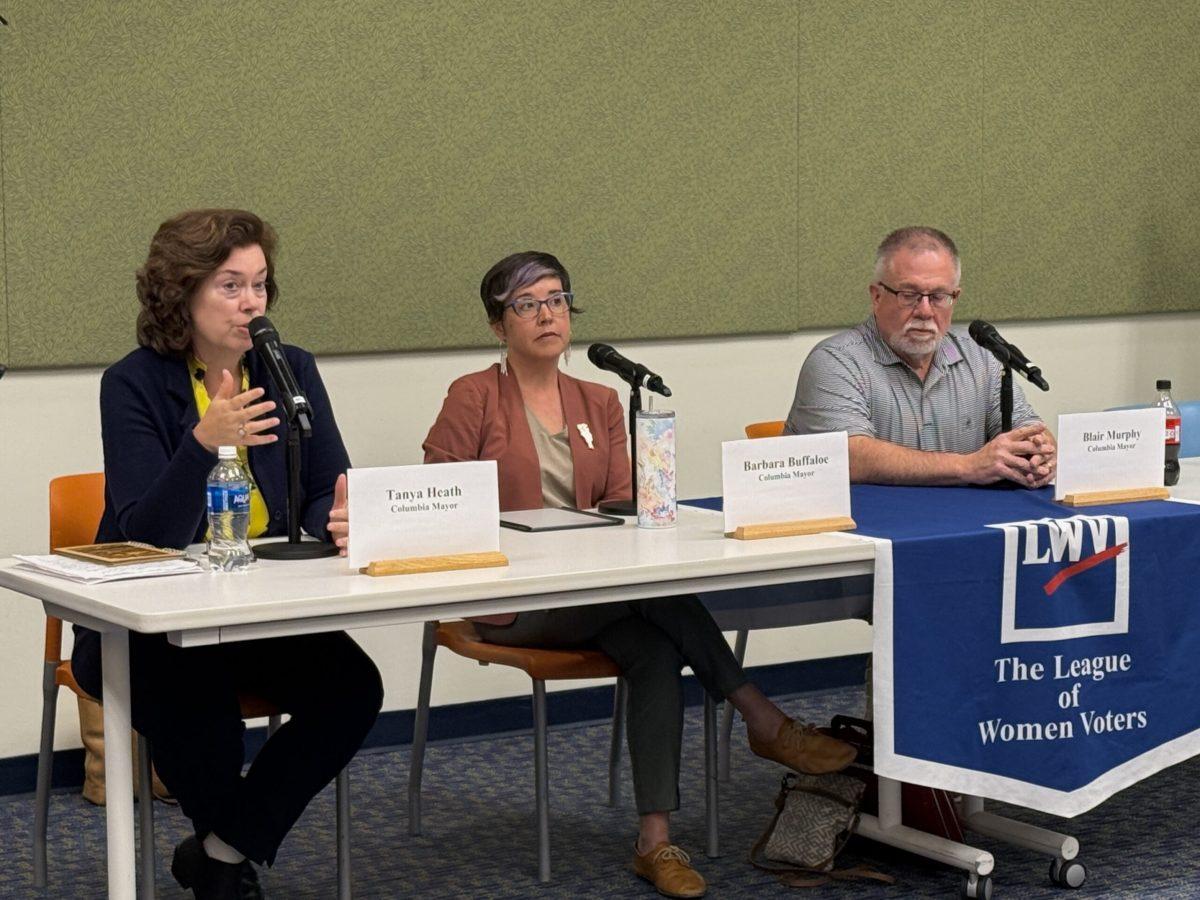Music has always been known as a universal language, and no boy band demonstrates this better than the Bangtan Boys, a seven member South Korean pop group also known as BTS.
Since its debut in 2013, BTS has taken the world by storm with their catchy songs and incredible performances. In November 2017, the band performed their lead single titled “DNA” at the American Music Awards, which solidified their international presence. Since then, other hit songs such as “Fake Love” have been played through radio stations all across the world, including the U.S.
One of their most notable accomplishments occurred on Aug. 24, 2018, when their latest release, “IDOL,” earned them the record for the most viewed music video online in 24 hours. Achieving the largest debut in YouTube history, the band beat out the formerly reigning hit single “Look What You Made Me Do” by Taylor Swift with over 45 million views after its release. On Sept. 6, 2018, BTS surprised us again with a new video of “IDOL” that features Nicki Minaj and a diverse clip of fans participating in the #IdolChallenge.
“IDOL” is a celebration of self-love and independence, including lyrics such as “I know what I am, I know what I want” and “You can’t stop me lovin’ myself.” It encourages listeners to be unapologetically themselves, especially if you’re thriving in what you’re good at. It is more rap-heavy than some of their other works, featuring two of the main rappers, Suga and RM. They dance and sing in several vibrant and exotic settings, many of them featuring animals such as tigers or giraffes. The song ends with a huge gathering of people dancing and celebrating their uniqueness.
John Lee, a sophomore health sciences major at MU admittedly did not like the music video at first, even though he has been a BTS fan since 2015.
“The feel was too exotic for me, and it felt like it was all over the place,” Lee said. “But it’s one of those songs that kind of grows on you, so I like it now.”
Lee enjoys how special BTS and other K-pop groups are, so much so that he has some mixed feelings about the group becoming mainstream.
“I want K-pop to be bigger, but I don’t want it to be the hype,” Lee said. “When I meet someone who likes BTS, I want to say, ‘Oh my God you know about them!’ not ‘Of course you know about them.’”
Still, Lee appreciates the group’s music and attributes its huge success to the fact that their songs “appeal more to the western ear.” When it comes on the radio, it’s hard to tell that it’s a K-pop group when it comes to the beats, the instrumentation, and form of the song. The only huge separator is that the songs are sung mostly in Korean.
“I’m Korean, so it’s kind of easier for me to get into it because I understand what they’re saying,” Lee said.
Though I can’t understand the words like Lee can, I enjoy the band’s stellar voices and explosive dance moves, especially during their live performances. When I go back to read to the translated lyrics, I am often touched by how meaningful and personal they are, as compared to some of the more simple American mainstream songs.
Like myself, Lee follows the band and other K-Pop groups, and he does so on his YouTube channel. He currently has nearly 10,000 subscribers, and his most recent video featured his friends reacting to some K-Pop groups, BTS included. Currently, his favorite song from BTS’s new album, “Love Yourself: Answer,” is “I’m Fine”.
The most inspiring thing to me about BTS and other K-Pop groups becoming popular in the U.S. is the exposure to different cultures that’s taking place. It can be so easy to become caught up in our own ways of life, and the fact that music can open our eyes to a different lifestyle and heritage overseas makes me appreciate this global movement. BTS’s award-winning social media engagement serves to make this international interaction even better, and their dedication to their fans shows that while languages and borders may physically separate us, music and acceptance are what truly unites.
_Edited by Siena DeBolt | sdebolt@themaneater.com_







